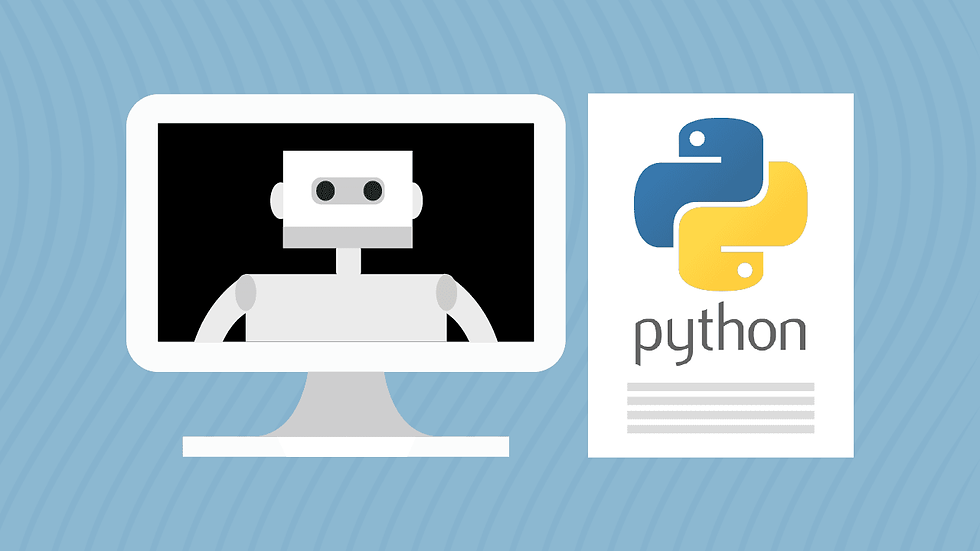About the Course
Machine Learning with Python by IBM
Institution: IBM
Certification Date: ( feburary 2024)
Duration:4 weeks
Overview:
This certification provided an in-depth understanding of machine learning techniques and their implementation using Python. It focused on applying machine learning algorithms to real-world datasets, emphasizing Python libraries and frameworks.
Key Learning Outcomes:
Supervised Learning:
Linear Regression, Logistic Regression
Decision Trees and Random Forests
Support Vector Machines (SVM)
Unsupervised Learning:
K-means Clustering
Hierarchical Clustering
Principal Component Analysis (PCA)
Model Evaluation Techniques:
Cross-validation
Confusion Matrix
Precision
Recall
ROC Curves
F1 Score
Data Preprocessing:
Handling missing data, normalization, feature scaling
Feature selection and engineering
Python Libraries and Tools:
Scikit-learn: Implementing algorithms
Pandas: Data manipulation and cleaning
NumPy: Numerical operations
Matplotlib & Seaborn: Data visualization techniques
Predictive modeling for classification and regression tasks
real-world applications
Analysis of business-related data for insights and decision-making
Assignments:
Applied various machine learning algorithms on datasets such as housing prices, customer churn prediction, and sentiment analysis.
Built and optimized machine learning models to achieve high accuracy and performance metrics.
Certification Achievement:
Successfully completed all course modules and assessments, demonstrating proficiency in machine learning concepts and Python programming.
Course overview
IBM overview
IBM (International Business Machines Corporation) is a leading technology and consulting firm known for innovations in cloud computing, AI, and enterprise software, helping businesses drive digital transformation.
Key Points about IBM Certifications:
1. Variety of Certifications: IBM offers certifications in various fields, including data science, AI, cloud computing, and cybersecurity, catering to diverse professional interests.
2. Structured Learning: Each program features a defined learning path, often with prerequisites, hands-on labs, and assignments to reinforce knowledge.
3. Practical Experience: Certifications include real-world projects and assignments, ensuring learners can apply concepts effectively in business scenarios.
4. Global Credibility: IBM certifications are widely recognized and respected, enhancing professionals' resumes and career prospects.
5. Resource Access: Certified individuals have access to extensive resources, including study materials and networking opportunities with peers and industry experts.

